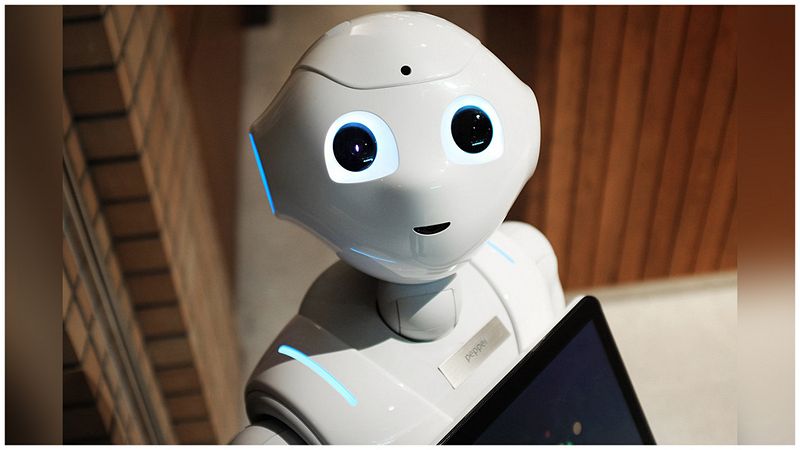Robots conveying dinners, spooky figures in hazardous materials suits, and cameras pointed at front entryways: China's strategies to implement coronavirus isolates have resembled a science fiction oppressed world for armies of individuals.
Specialists have found a way to guarantee that individuals don't defy seclusion guidelines after China to a great extent subdued the infection that had deadened the nation for a considerable length of time.
With cases imported from abroad taking steps to unwind China's advancement, explorers showing up from abroad have been required to remain at home or in assigned lodgings for 14 days.
Beijing slackened the standard in the capital this week - except those showing up from abroad and Hubei, the area where the infection initially surfaced toward the end of last year.
At one isolate lodging in focal Beijing, a gatekeeper sits at a work area on each floor to screen all developments.
The isolation is broken by one of only a handful barely any guests permitted close to the rooms: A three-foot-tall round and hollow robot that conveys water jugs, suppers, and bundles to lodging visitors.
The robot rides the lift and explores foyers all alone to limit contact among visitors and human staff.
At the point when the robot shows up at its goal, it dials the landline telephone in the room and illuminates the tenant in a scary, innocent voice: "Hi, this is your administration robot. Your request has shown up outside your room."
Its gut opens and the visitor takes the conveyance things before the robot dismisses and rolls.
Specialists in hazardous materials suits go from space to room day by day reminding tenants, including an AFP writer who had been in Hubei, to take their temperatures with the mercury thermometer gave at registration, and to inquire as to whether any are encountering manifestations.
Individuals under home isolate somewhere else in the city have had quiet electronic alerts introduced on their entryways.
Authorities set up a notification on each isolated family's entryway requesting that neighbors watch out for the restricted occupants.
In one Beijing private compound, authorities disclosed to AFP that individuals under home isolate must illuminate network volunteers at whatever point they open their entryways.
Friederike Boege, a German columnist, started her second isolate in Beijing this year on Sunday after coming back from Hubei's capital Wuhan.
Her structure's administration introduced a camera before her entryway to screen her developments.
"It's very unnerving how you become acclimated to such things," she told AFP.
"Aside from the camera I do accept that the watchmen and the cleaner on the compound would denunciate me if I somehow managed to go out," Boege said.
During her past isolate involvement with March in the wake of coming back from an outing to Thailand, she was accounted for to building the executives buy a cleaner for going down the stairs to take out the junk.
"No human contact"
All out segregation has become a transitory standard for those under severe isolation, without even a solitary excursion to the supermarket or stroll to separate the repetitiveness.
Bliss Zhong, a 25-year-old media proficient coming back to Beijing from a work trip in the infection focal point of Wuhan, went through three weeks without leaving a confined room at another inn in the Chinese capital.
There, visitors were not permitted to arrange their nourishment and were rather given normalized dinners.
Companions were permitted to carry bundles to the front work area, which were then left outside lodgings by staff who dodged direct contact with visitors.
"Going through 21 days straight without seeing a solitary individual, it felt like time was passing very gradually," Zhong told AFP.
Not all individuals under isolated areas firmly looked like those in Beijing, be that as it may.
Charlotte Poirot, a French instructor who showed up in China in late March - not long before a prohibition on outsiders entering the nation was presented - went through about fourteen days under isolation at a lodging in the southeastern city Guangzhou.
She has bound alone in a 10-bunk room, with dinners conveyed to her entryway and clinical faculty coming to check her temperature on various occasions a day.
"They never bolted the entryway and the (entire) process depended on dependence," Poirot told AFP. "We as a whole played the game without challenging."

 China quarantine: Officials put up a notice on each quarantined household's door asking neighbours to keep an eye on the confined inhabitants
China quarantine: Officials put up a notice on each quarantined household's door asking neighbours to keep an eye on the confined inhabitants









.jpeg)








.png)
.png)

.png)
.png)
.png)

.png)
.png)
.png)

.png)
.png)